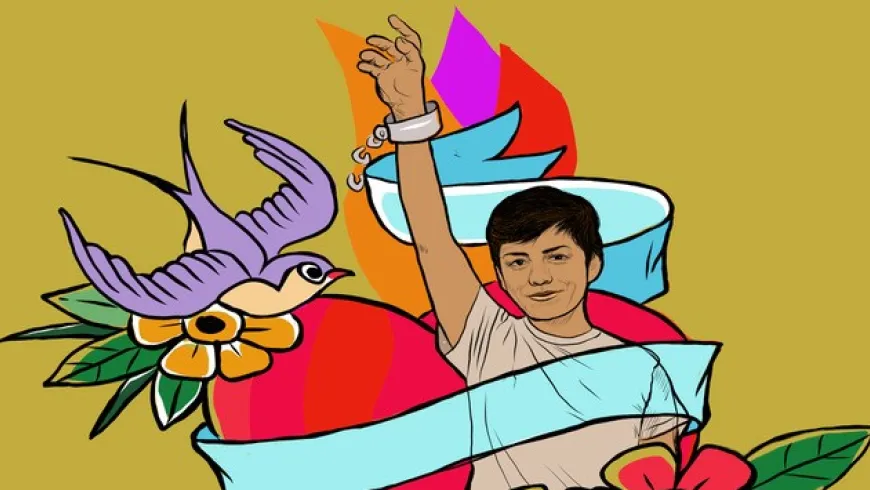Número 18
Queer Corazón: Theorizing Love, Sex, and the Body

Traditionally, the Mexican myth of La Llorona and the Dominican ciguapa legend correspond to misogynist stereotypes; at the same time, there are versions of the folktales rooted in Azteca and Taíno cultures, combined with the influence and consequences of colonialism. In essence, La Llorona stands for a bad mother who drowned her children out of jealousy, and ciguapas, usually portrayed as beautiful creatures with backward-facing feet, embody the femme fatale as they entice and kill men. Moreover, both figures work as cautionary tales as they are often employed as bogeyman figures to scare children into obeying adults. Gloria Anzaldúa and Julia Alvarez challenge the patriarchal, colonialist and adultist versions, rewriting the myths through picturebooks that encourage agency, change, healing and love. In Anzaldúa’s Prietita and the Ghost Woman, settled at the US-Mexico border, La Llorona, instead of hurting children, guides the girl to find a plant to heal her mother’s illness, while in Alvarez’s The Secret Footprints, the ciguapas’ tribe do not prey on humans but hide in caves underwater; when the young protagonist Guapa goes to the surface, she befriends a human boy, instead of hurting him. I argue that both narratives construct a new rendition of the bogeywoman myth through the transformation of these figures into kind spirits thanks to an intersectionalfeminist, decolonial and child-centered approach.
También utilizamos servicios de análisis y publicidad. Puede ampliar la información haciendo clic en Más información.